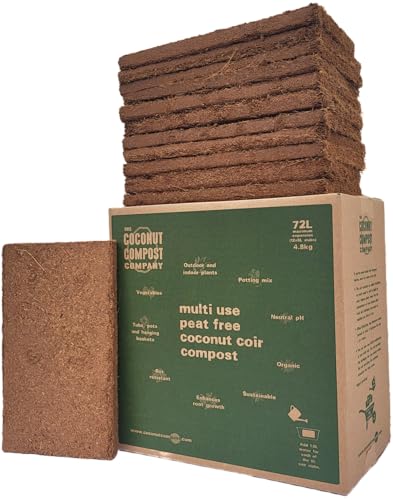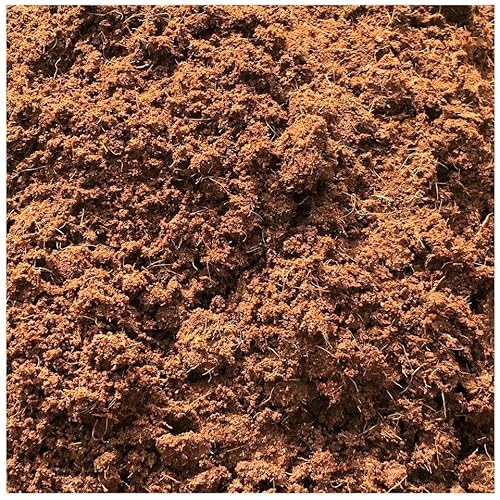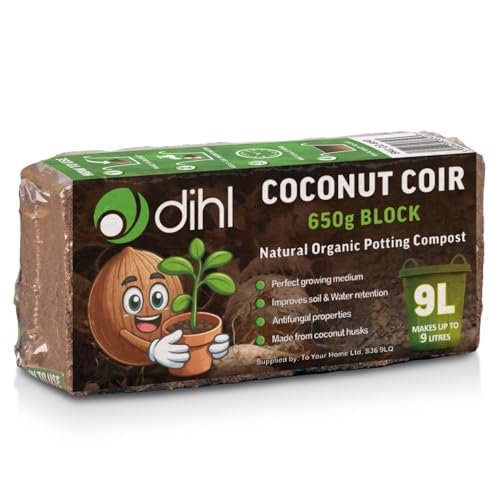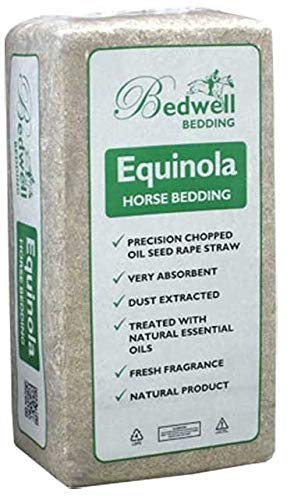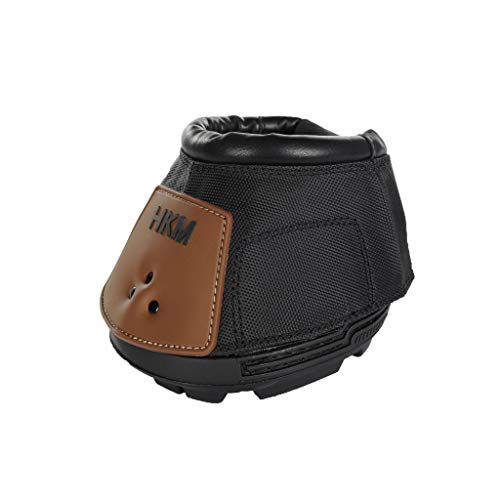Understanding Coconut Soil: What It Is and Why It’s Beneficial for Your Plants
What is Coconut Soil?
Coconut soil, also known as coir or coconut coir, is a natural growing medium made from the fibrous husks of coconuts. When you think of coconut soil, picture a light, airy substance, resembling finely shredded bark or compost. It’s an ecological byproduct that not only recycles coconut waste but also provides an eco-friendly alternative to standard soil mixes. This unique material is rich in organic matter, which helps retain moisture and improve drainage.
Benefits of Coconut Soil for Plants
One of the standout benefits of coconut soil is its excellent water retention capabilities. Imagine you’re pouring water over your plants; with traditional soil, much of it can run off or become compacted, leaving your plants thirsty. In contrast, coconut soil absorbs and holds onto water, ensuring that your plants have access to moisture even during drier periods. Additionally, coconut soil is pH-neutral, which means it won’t interfere with the nutrient absorption of your plants, allowing them to thrive without the risk of soil acidity issues.
Key Features to Look for When Buying Coconut Soil
Quality of the Coconut Coir
When choosing coconut soil, it’s essential to look for high-quality coir that has been properly washed and processed. Quality coconut soil should be free from contaminants and have a pleasant, earthy smell. Avoid any product that seems overly dry or has an unpleasant odour, as this can indicate inferior quality.
Texture and Particle Size
Pay attention to the texture and particle size of the coconut soil. Ideally, you want a medium with a mix of fine and coarse particles. This balance ensures better aeration while still holding enough moisture. If the coir is too fine, it can compact easily and hinder root growth; if too coarse, it may not retain enough water.
Purity and Additives
Check whether the coconut soil you’re considering contains additives or has been mixed with other materials. Pure coconut coir is an excellent choice because it provides consistency in performance. Some brands may add nutrients or fertilizers, but we recommend opting for pure coir first and adjusting your fertilisation regimen separately for optimal control.
How to Use Coconut Soil Effectively for Optimal Plant Growth
Preparation of Coconut Soil
Before using coconut soil, it’s important to prepare it correctly. Start by soaking compressed blocks of coir in water for several hours. This process rehydrates the material, allowing it to expand and become fluffy. Once soaked, fluff it up with a fork or your hands to create an ideal texture for planting.
Mixing Coconut Soil with Other Mediums
For optimal plant growth, consider mixing coconut soil with other mediums like perlite, vermiculite, or regular soil to enhance drainage and aeration. A common ratio is 70% coconut coir with 30% perlite or vermiculite. This combination provides the moisture-retaining benefits of coconut soil while promoting healthy root development.
Planting in Coconut Soil
When planting in coconut soil, dig a hole deep enough to accommodate the roots of your plants, and fill it with the prepared coir. Gently ease the plant into the soil, ensuring it’s at the same depth as it was in its previous pot to avoid transplant shock. After planting, water thoroughly to help settle the soil around the roots.
Comparing Coconut Soil Brands: Our Top Picks
Popular Brands of Coconut Soil
When comparing different brands of coconut soil, look for those known for consistent quality and positive customer reviews. Brands typically sell coconut coir in convenient compressed blocks or loose bags, making it easy to choose what suits your gardening needs.
Evaluating Price versus Quality
While examining price points, remember that the cheapest option isn’t always the best choice. Evaluate the benefits of each brand against their price, keeping in mind that investing in quality coconut soil can lead to healthier plants and greater gardening success in the long run.
Maintenance Tips for Coconut Soil-Based Gardening Success
Regular Watering Schedule
Developing a regular watering schedule is crucial when using coconut soil, as its water retention abilities can sometimes lead to over-or under-watering challenges. Depending on your climate and the plants you are growing, monitor the moisture level and adjust your watering routine accordingly.
Fertilisation Practices
While coconut soil provides a good foundation for plant growth, it often lacks vital nutrients. Implement a balanced fertilization plan that meets the specific needs of your plants. We recommend using slow-release fertilisers to provide a steady supply of nutrients over time.
Monitoring Drainage and Aeration
Ensure that your pots have proper drainage holes to prevent waterlogging. If using coconut soil in large containers, consider mixing in additional drainage material to maintain healthy air circulation around the roots. This will help prevent root rot and promote overall plant health.



